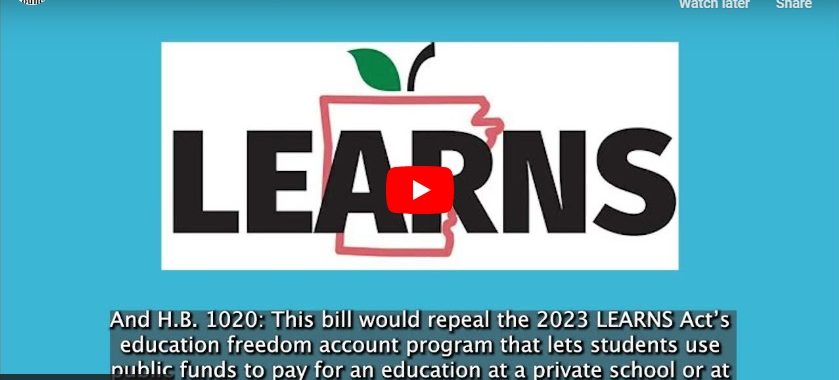Costco Refuses to Reevaluate DEI Program Despite Backlash, Changes at Other Major Corporations

Corporate giant Costco reportedly has opted not to reevaluate its “diversity, equity, and inclusion” policies despite backlash and changes at other major corporations.
Many companies established DEI goals a few years ago to create an equal playing field for racial and ethnic minorities, but it did not take long for LGBT groups to hijack those corporate programs. Today, DEI tends to promote divisive ideologies, and it has become a tool the LGBT movement uses to promote gender-identity politics in the workplace. Employees who hold a biblical view of gender risk their jobs.
Backlash and boycotts over DEI and pro-LGBT activism have prompted many companies to change course.
In November, Walmart rolled back its pro-LGBT diversity, equity, and inclusion policies. Toyota, John Deere, Lowe’s, Tractor Supply, Harley Davidson, and other corporations have moved away from DEI as well.
However, The Hill reports Costco’s board of directors recently rejected a proposal to reevaluate and retire the company’s DEI programs. The board has urged shareholders to continue supporting DEI at Costco.
As we have said many times, it is deeply troubling when multimillion dollar corporations use their wealth and influence to promote radical, pro-LGBT ideas. It’s also encouraging when companies like Walmart or Lowe’s rethink their positions and change course.
It’s clear that DEI is unpopular among Americans, and customers are tired of pro-LGBT pandering from the stores where they shop. Costco — and other corporations like them — would be wise to recognize that and stop promoting an agenda that is out of step with most Americans.
Articles appearing on this website are written with the aid of Family Council’s researchers and writers.




